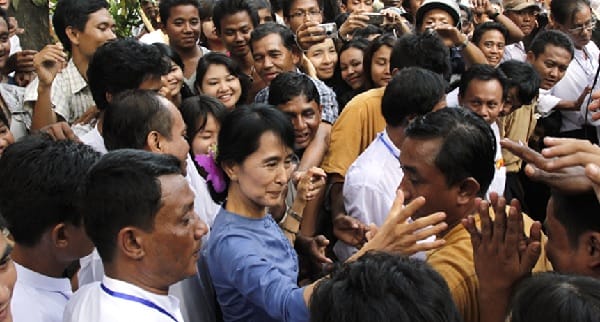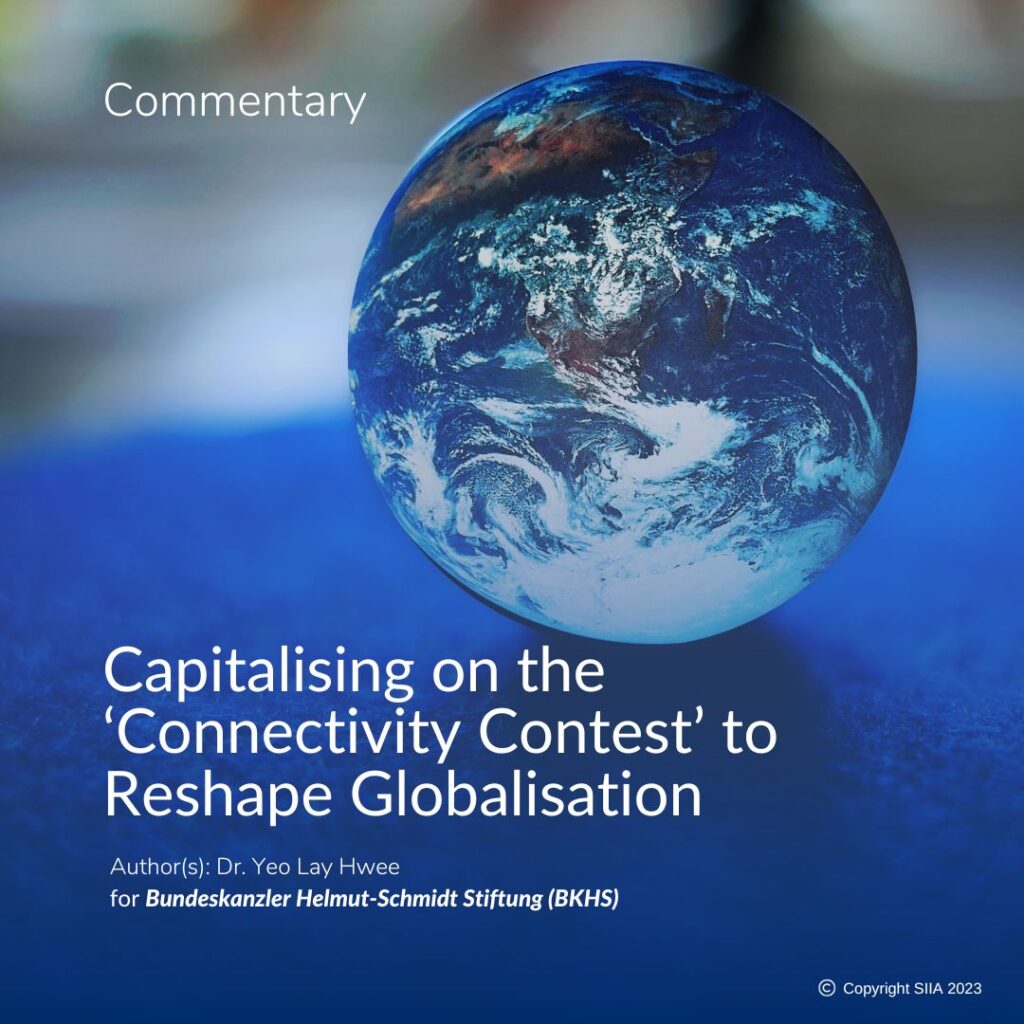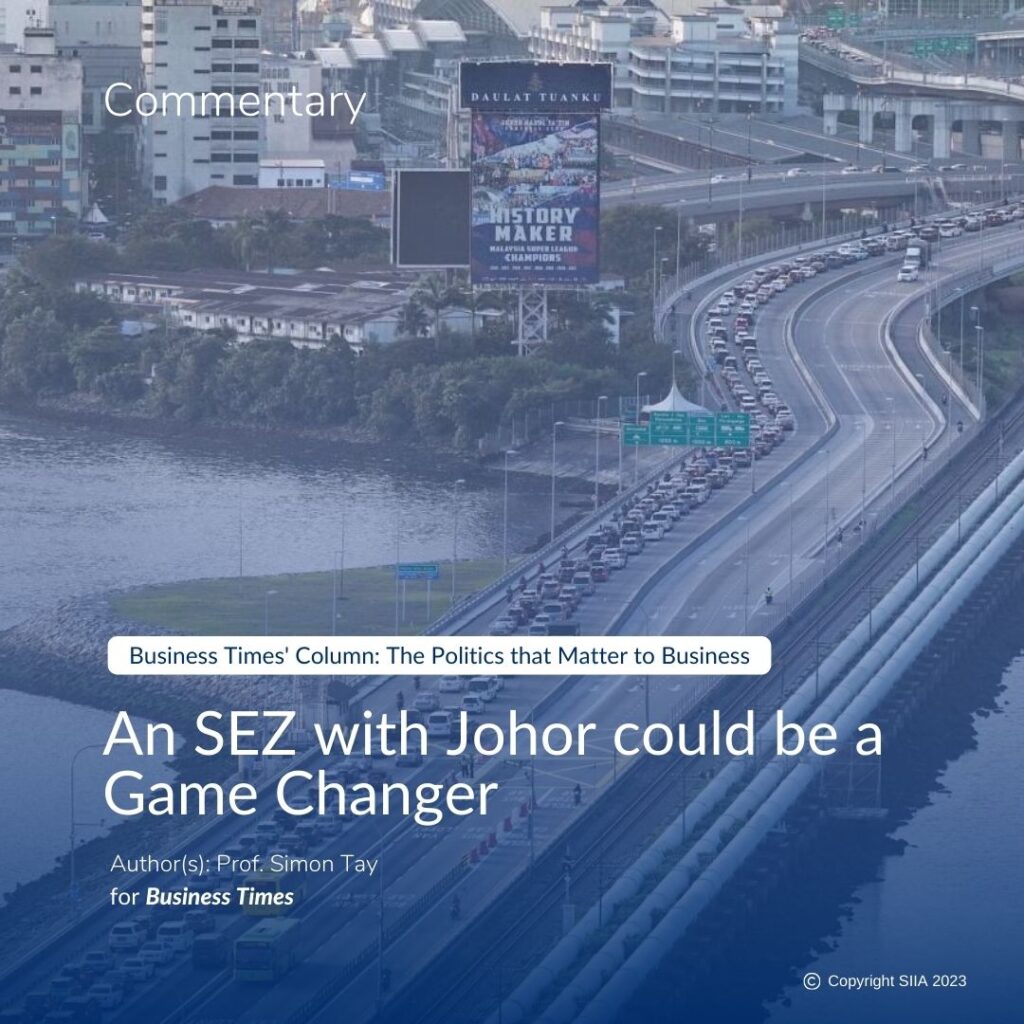When the National League for Democracy (NLD) and its iconic leader, Ms Aung San Suu Kyi, swept to power at the 2015 elections, the international community roared in approval. Now, some 100 days after the NLD took power, many foreign pundits are becoming more critical.
There were expectations that The Lady would be a beacon for human rights in the region and for progress on the issue of Muslims in the Rakhine state. Foreign investors hoped that the NLD government would speed up the opening of this frontier economy started by the preceding administration.
So far, there does not seem to be progress on either front. From the outside, the new government appears uncertain and hesitant.
A closer look reveals not inaction, but a mismatch between external expectations and the new government’s own priorities.
Ms Suu Kyi has consolidated her position at the centre of decision-making. While there are questions of capacity in the government, she has set her priorities quite clearly.
Top of the political agenda is the issue of ethnic armed groups and national reconciliation.
This effort is herculean, given that the fighting in a number of areas has taken place over decades, and several groups are well armed, with control over the border areas.
To get all the groups to stop fighting is a necessary first step towards stable development.
Initial signs are encouraging. In late August, Ms Suu Kyi will convene the 21st Century Panglong Conference that, if successful, will be an important step towards peace and stability in Myanmar.
This conference draws its prestige by association to the first Panglong Conference held in 1947 by her father, General Aung San, and other ethnic leaders.
In keeping with the original spirit of inclusiveness, the government — for the first time — is working to involve even non-signatories to the Nationwide Ceasefire Agreement to create the framework for the conference.
The economic agenda is receiving considerably less attention. Prior to the election, senior NLD members indicated to the Singapore Institute of International Affairs in private that they had no intention of reversing the economic opening that had begun under Thein Sein’s administration.
This intention remains despite the fact that some projects that were approved by the preceding government have been put on hold.
One notable example is the stoppage of all building projects above nine storeys in Yangon to reassess if they comply with the city’s development plans. While the delays raise alarm bells, this effort does not signify a reversal and can be seen as an effort to strengthen rule of law and to prevent corruption.
Looking ahead, such efforts can lead to a more efficient and rational system in the country, and some early signs are already evident.
The Myanmar Investment Commission, which is responsible for approving foreign investment projects, has started rolling out the first batch of approvals for new foreign investments.
A draft of the new Investment Law to reduce restrictions for foreign investments has also been submitted to Parliament for debate, and the government recently formed an Economic Committee to review trade, monetary, fiscal and investment policies.
An initial outline of economic policies can be expected in the coming weeks. Rather than looking only at the total sum of foreign investment, the government is giving new emphasis on the number of jobs created for Myanmar workers.
In tandem, the government is pushing for workers to undergo skills training with the help of both the private sector and friendly governments.
Prime Minister Lee Hsien Loong said on his recent visit to Myanmar that Singapore would continue to support Myanmar’s development through the Singapore-Myanmar Vocational Training Institute in Yangon.
Looking ahead, plans for export zones and industrial areas in and around Yangon — where much of the population resides and seeks jobs — is likely to be another priority.
There are plans for a 283ha economic zone in northern Yangon, and infrastructure projects such as roads and energy plants are also expected to get a boost in the coming months.
NLD and Ms Suu Kyi face a considerable transition from being an outspoken opposition to having the actual responsibilities of governing.
There will be questions about the capacity and experience of the new policymakers, as well as whether the bureaucrats will take the lead from the new leadership.
After many decades under a succession of military and military-backed governments, a change in mind-set needs time and new thinking. The balance between the two elements of change and maintaining of old values needs to be negotiated in the months ahead.
Given its sweeping election win, the NLD believes it has the time and the mandate to focus on what it considers to be essential.
This week, Myanmar marked its 69th Martyrs’ Day to commemorate the assassination of General Aung San, who is not just The Lady’s father but also widely regarded as the Father of the Nation.
Even six decades on, the Martyrs continue to capture the imagination with a vision of a unified and prosperous Myanmar.
This year’s Martyrs’ Day was the first with the NLD in power, but more significantly, it is the first time in years that an army chief has joined in the ceremony, in a rare show of unity with the new NLD government.
ABOUT THE AUTHORS:
Simon Tay and Melody Au are, respectively, chairman and senior policy research analyst at the Singapore Institute of International Affairs (SIIA). This commentary was originally published in TODAY on 22 Jul 2016. It was also published in The Jakarta Post on 25 Jul 2016.
Photo Credit: Htoo Tay Zar




